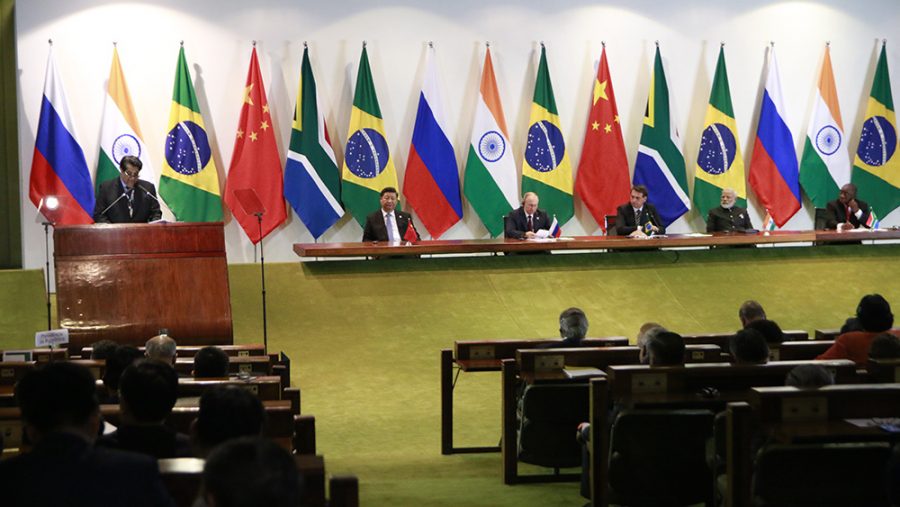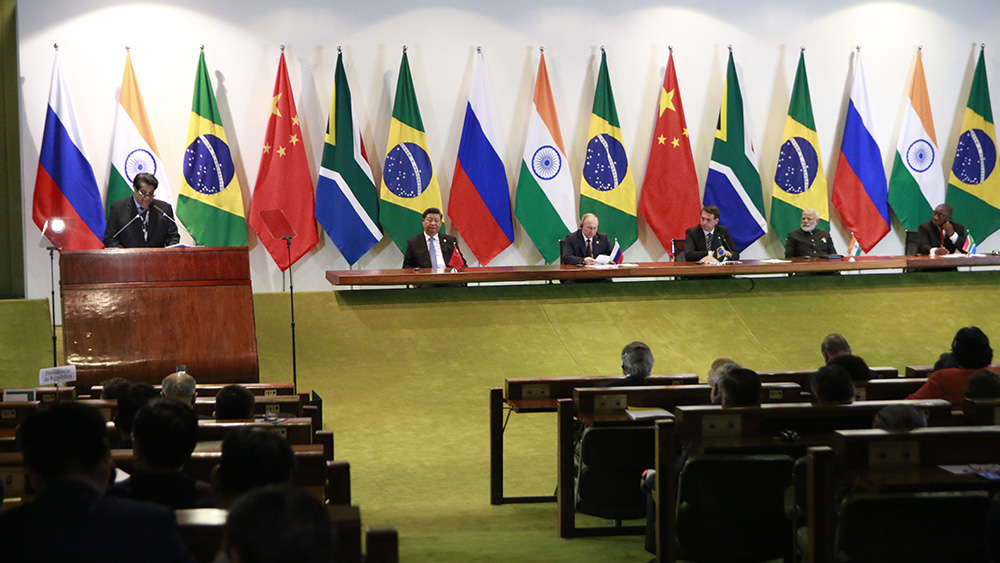
South Africa To Borrow $7 Billion Globally as Debt Rises
The government will need to borrow $7 billion from international finance institutions as one of the measures to cover the budget hole brought about by South Africa’s response to COVID-19, Finance Minister Tito Mboweni said today during his supplementary budget. “Debt is our weakness. We have accumulated far too much debt. This downturn will add […]

The government will need to borrow $7 billion from international finance institutions as one of the measures to cover the budget hole brought about by South Africa’s response to COVID-19, Finance Minister Tito Mboweni said today during his supplementary budget.

“Debt is our weakness. We have accumulated far too much debt. This downturn will add more,” Mboweni said .
He also said measures and reforms would need to be implemented to narrow public debt after the pandemic, including a restraint on spending and improving revenue collection.
He announced a projected total consolidated budget spending, including debt service costs, that would exceed R2 trillion for the first time ever.
“Our early projection is that gross national debt will be close to R4 trillion, or 81.8 percent of GDP by the end of this fiscal year. This is compared to an estimate of R3.56 trillion or 65.6 percent of GDP projected in February.
“Without external support, these borrowings will almost entirely consume all of our annual domestic saving, leaving no scope for investment or borrowing by anyone else. For this reason, we need to access new sources of funding.
“Government intends to borrow about US$7 billion (R122 billion) from international finance institutions to support the pandemic response. We must make no mistake, these are still borrowings. They are not a source of revenue. They must be paid back,” he said.
Last week already it was announced that the New Development Bank – formerly the BRICS Bank – had approved a $1 billion Emergency Assistance Program Loan to South Africa. This is in addition to the R500 billion relief package announced by President Cyril Ramaphosa in response to the pandemic.
To limit the impact of the pandemic on the economy, the Reserve Bank has reduced the repurchase rate to 3.75 percent, its lowest level since 1973, providing relief to indebted households and businesses. Banking-sector regulations have been eased to encourage lending. Banks have provided R30 billion of relief to customers.
According to the Supplementary Budget review, government’s R500 billion fiscal relief package provided significant support to households and businesses.
“But government’s weak fiscal position going into the crisis means that it cannot afford to fully offset the effects of the pandemic,” the National Treasury said.
The National Treasury said in its Supplementary Budget Review that narrowing the budget deficit and stabilising the debt-to-GDP ratio require continued spending restraint, economic measures to boost long-term growth and reforms to state-owned companies to reduce their reliance on public funds.
“Additional tax revenue should come primarily from improved tax collection as enforcement is strengthened to enhance compliance, alongside other revenue measures.
“In the long term, South Africa needs sustainable public finances to support highly redistributive spending on education, healthcare and social welfare. By increasing confidence and investment, fiscal sustainability promotes,” the National Treasury said. – SAnews.gov.za